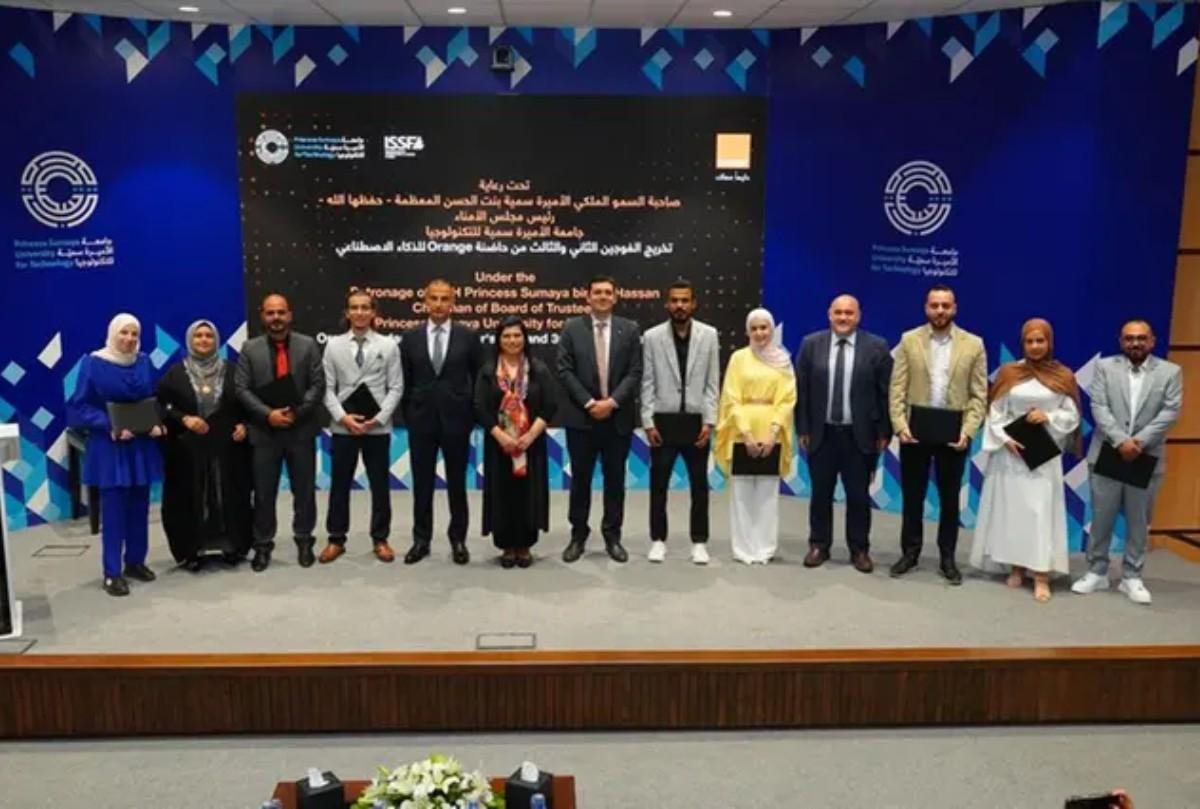The GSM Association (GSMA), representing mobile operators worldwide, has called on the Pakistani government to lower taxes and fees in the telecom sector for the upcoming 2025-26 budget. In a letter addressed to Federal IT Minister Shaza Fatima Khawaja, Jeanette Whyte, Head of Public Policy and External Affairs for Asia Pacific at GSMA, highlighted that reducing sector-specific taxes could make mobile services more affordable, especially for low-income consumers.
GSMA stressed that a more balanced tax structure would not only ease the financial burden on consumers but also encourage telecom operators to invest in network expansion and the adoption of next-generation technologies. According to GSMA’s analysis of 2024 data, Pakistan’s mobile sector paid around 42% of its revenue in taxes and fees, with 18% of that coming from sector-specific charges unique to the mobile industry. This tax burden is much higher than the South and Central Asia average of 26% and exceeds tax levels seen in other regions.
As a global network of over 1,200 mobile ecosystem members, GSMA advocates for innovations that promote business growth and societal development. Over the past decade, Pakistan’s mobile sector has made significant progress, with 4G coverage reaching about 84% of the population. Despite these advancements, mobile service adoption remains low, with a 59% usage gap, the second-highest in South Asia.
Only 24% of Pakistan’s unique subscribers currently use mobile internet, leaving a large segment of the population disconnected, including 59% who have access but do not utilize mobile internet. GSMA views this gap as a missed economic opportunity, citing the International Telecommunication Union (ITU), which estimates that a 10% increase in mobile broadband penetration could raise GDP per capita by up to 2.43%.
The GSMA further emphasized that this gap not only limits economic growth but also hampers mobile network operators’ ability to generate revenue, maintain service quality, expand coverage, and invest in future technologies.















